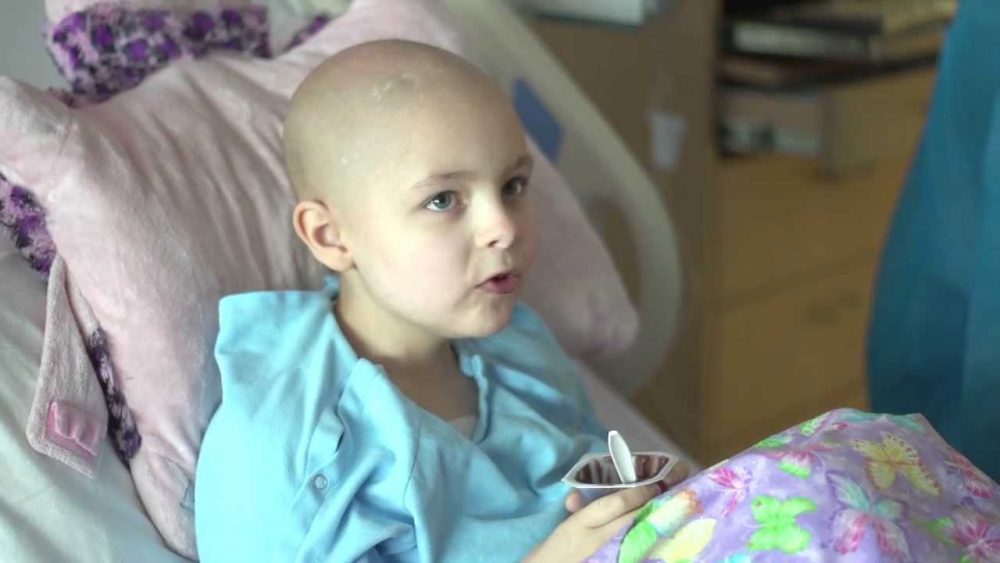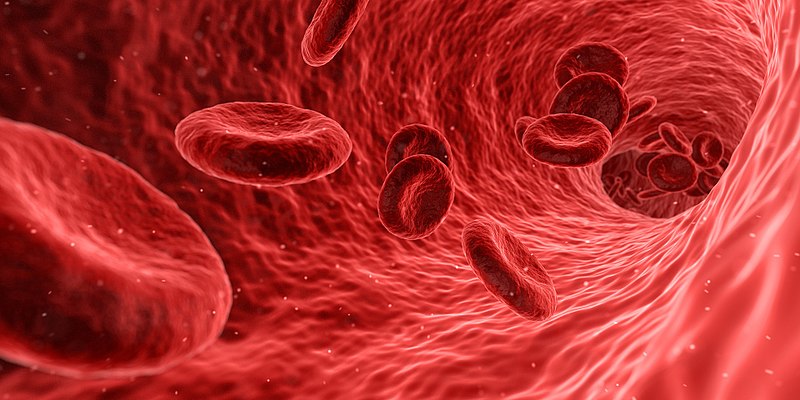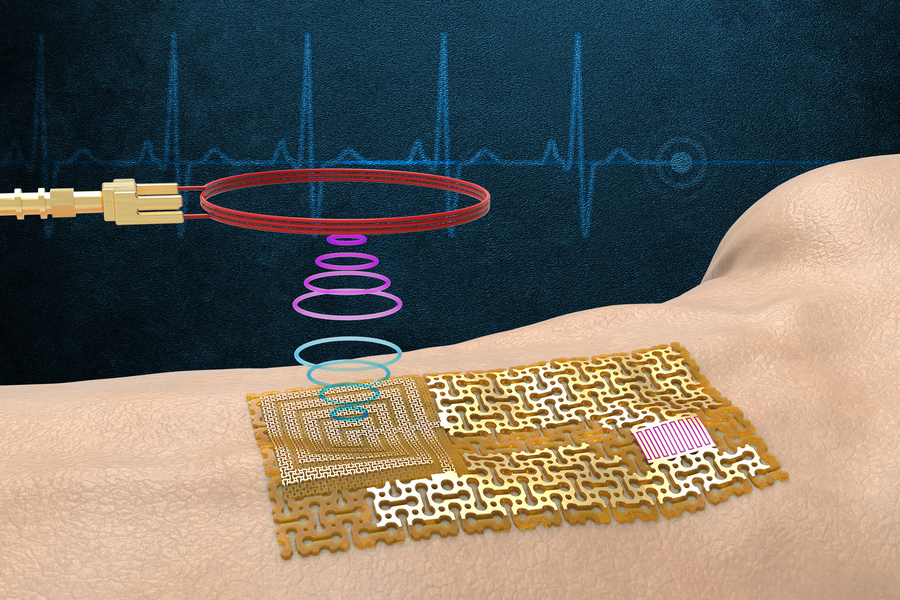In a revolutionary research, Massachusetts Institute of Technology researchers have developed an artificial intelligence (AI) system that would help to find out the proper drug dosage for glioblastoma, the most aggressive form of brain cancer.
This is a big breakthrough as it can reduce toxic chemotherapy and radiotherapy dosing, potentially reducing the debilitating side effects and improving the quality of life for patients.
Glioblastoma is a malignant tumor that appears in the brain or spinal cord, and patients with this tumor typically live no more than five years. Cancer therapies are tough. In an effort to minimize the tumor, doctors prescribe multiple drugs along with radiation treatment, which can cause crippling side effects.
Now, researchers from MIT Media Lab have developed an AI system that could make dosing regimens less toxic but just as effective for patients.
Powered by a “self-learning” AI system, the model learns from historical patient data the lowest doses and frequencies of medication delivery that will produce the desired result of shrinking tumors.
“If all we want to do is reduce the mean tumor diameter, and let it take whatever actions it wants, it will administer drugs irresponsibly,” principal investigator Pratik Shah told MIT News. “Instead, we said, ‘We need to reduce the harmful actions it takes to get to that outcome.’”







